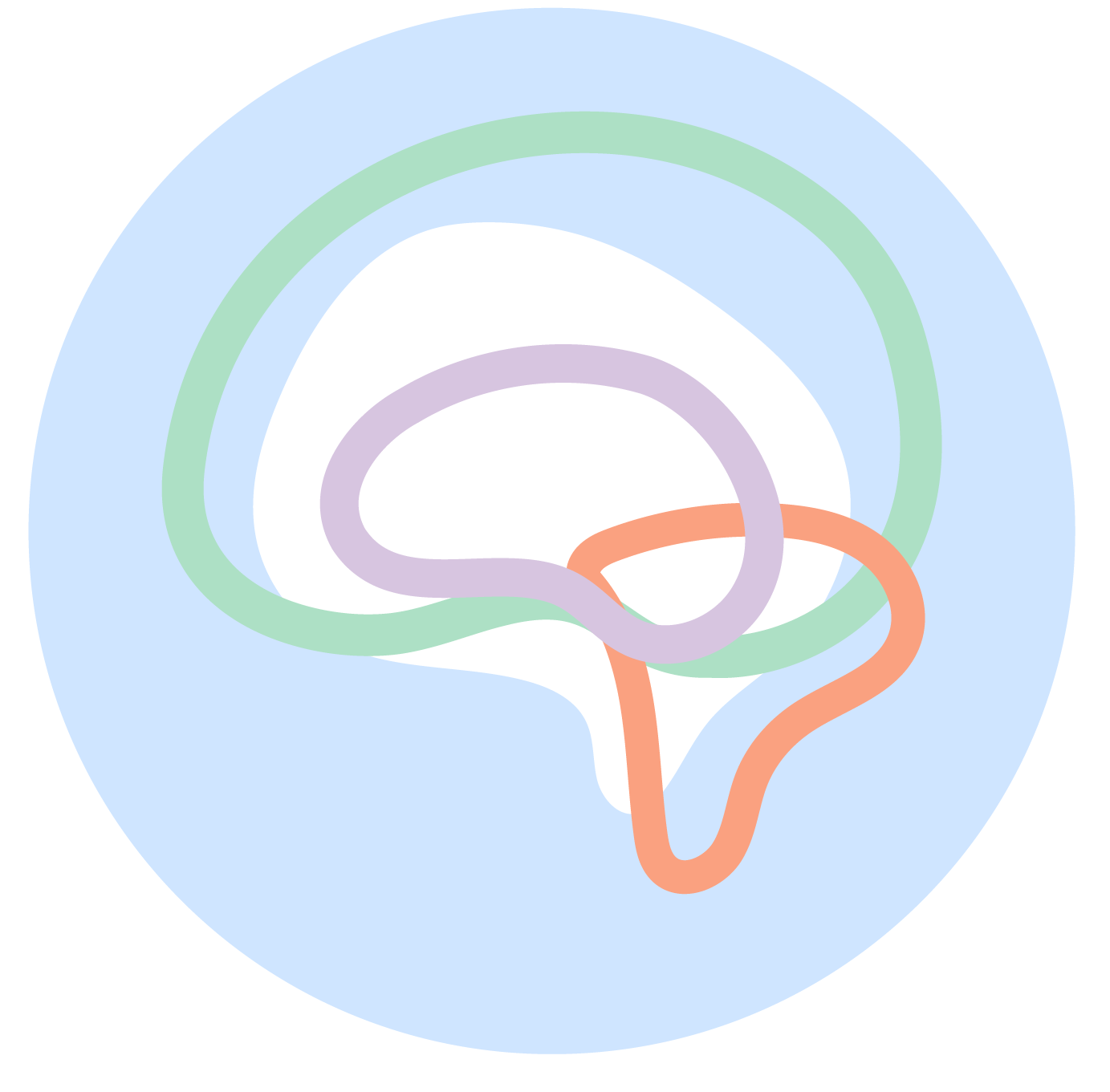Mental Health Myths: Busting the Biggest Misconceptions You’ve Heard
Let’s get real for a second. Mental health is one of those topics that’s still misunderstood by a lot of people, especially teens. You've probably heard a lot of myths about mental health, and honestly? They’re holding us back from talking openly about something super important.
So, today we’re busting the biggest myths you've probably heard about mental health. Let’s clear up some confusion and break down these misconceptions — once and for all. 🔍
💔 MYTH #1: “Only ‘weak’ people struggle with mental health issues.”
Truth: Mental health struggles have nothing to do with strength. In fact, it takes an incredible amount of strength to face your mental health challenges head-on. Mental health issues don’t discriminate — they can affect anyone, regardless of how tough or “strong” they appear on the outside. Struggling doesn’t mean you're weak; it just means you're human. Everyone has a breaking point, and reaching out for support is a brave act, not a sign of weakness.
🦸 MYTH #2: “If you’re strong, you don’t need help.”
Truth: This one is a huge misconception. There’s this crazy idea that asking for help somehow makes you weak or “less than.” But the truth is, asking for help is one of the strongest things you can do. We’ve all heard the phrase “be strong” at some point, but strength doesn’t mean suffering in silence or pretending everything is fine when it’s not.
Think about it: if you were dealing with a broken bone or an illness, you wouldn’t hesitate to ask for help or go to a doctor. So, why should mental health be any different? Asking for help — whether it’s from a counselor, therapist, or a trusted friend — takes real courage. It shows that you care about yourself and your well-being. That’s true strength.
💤 MYTH #3: “It’s just a phase — you’ll grow out of it.”
Truth: Okay, so yes, everyone has ups and downs. One day you’re feeling great, the next day you’re in a funk. That’s normal! But when your feelings, like anxiety or depression, don’t seem to go away — or they get worse over time — it’s not just a “phase.” Mental health struggles can be ongoing and can affect your daily life in serious ways. Ignoring the problem or thinking “it’ll pass” can make things harder in the long run.
If you broke a bone and it didn’t heal after a few weeks, you wouldn’t just wait and hope for it to magically fix itself, right? You’d get treatment. The same logic applies to mental health. You deserve to feel better, and there’s no shame in getting the support you need to heal.
🧙♀️ MYTH #4: “Therapy is only for people with serious problems.”
Truth: Wrong! Therapy is for everyone who wants to talk things out, understand themselves better, or deal with any mental health issue — big or small. It doesn’t matter if you’re facing major struggles or just want someone to listen. Mental health professionals are there to help you cope, improve your emotional health, and give you tools for managing stress, anxiety, or whatever else you’re dealing with.
Think of therapy like a workout for your mind. You don’t need to be in “crisis mode” to go to therapy. It’s about prevention, maintenance, and improving your overall mental well-being. And just like going to the gym strengthens your body, therapy strengthens your mind.
🌪 MYTH #5: “People with mental health issues are ‘crazy’ or dangerous.”
Truth: This myth is super harmful. The vast majority of people with mental health conditions are not dangerous. In fact, they're more likely to be victims of violence than the perpetrators. Mental health issues don't make you "crazy." In fact, people with mental health struggles are often trying to navigate their emotions, thoughts, and behaviors in the best way they can. It's important to understand that mental illness doesn’t define a person and doesn’t make them violent or unpredictable. We should be kind and compassionate to people going through hard times, not judge them or fear them.
Mental health is just as important as physical health, but because it’s less visible, we often ignore it or hide it. It’s time to change that.
If you’re struggling with something — whether it’s anxiety before a big test, feeling down because of a breakup, or dealing with something bigger like depression — you don’t have to go through it alone. Seeking help is an act of self-care, and it’s a step toward healing.
You might be surprised to know how many people are in the same boat. So, don’t be afraid to reach out — whether it’s a friend, a teacher, a school counselor, or a mental health professional. You are never alone in this, and it’s okay to ask for help.





